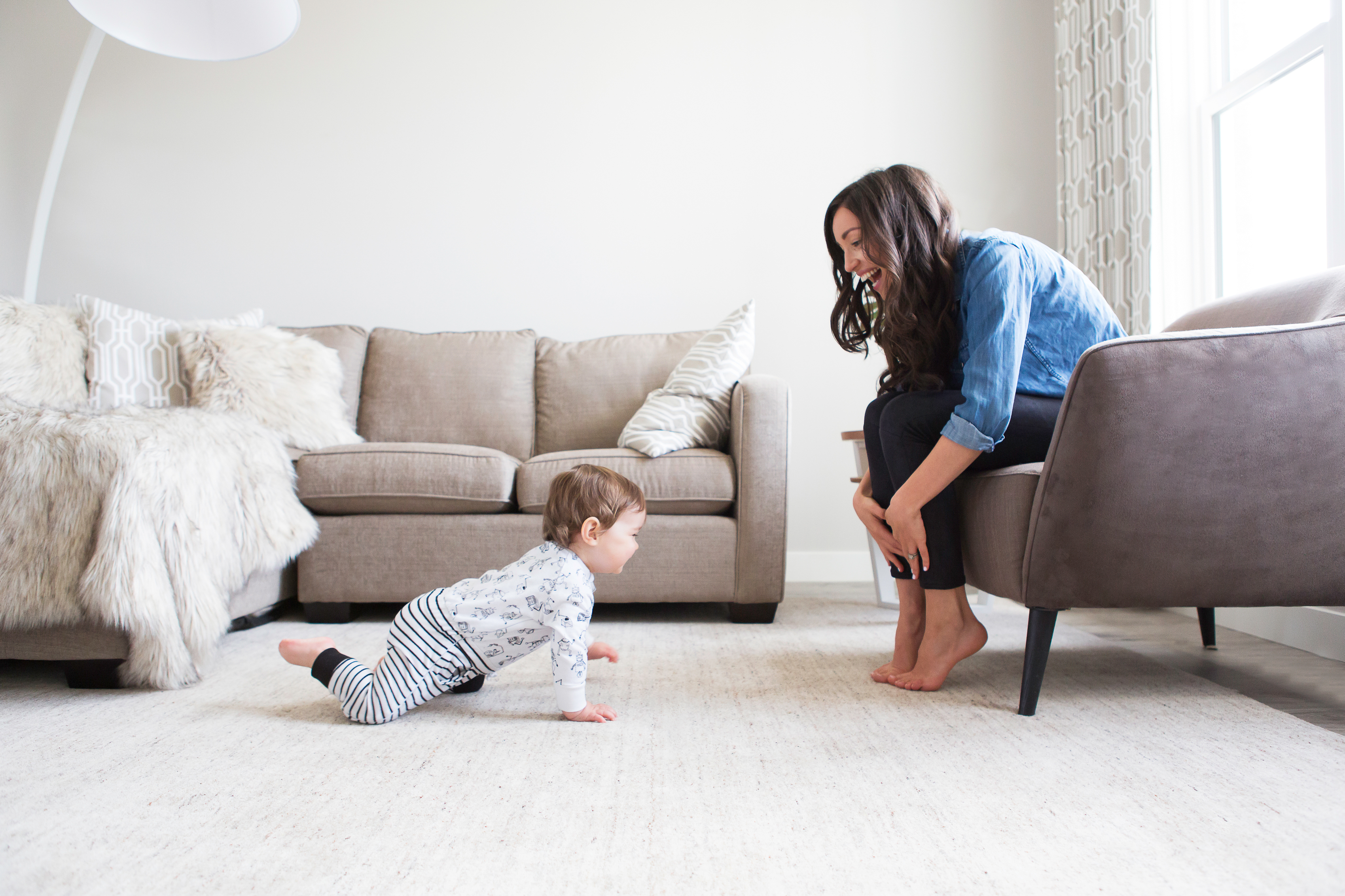My Father in Law recently started learning to play the piano. We had a conversation about how he’s progressing. He told me that although he’s mastering the notes and the tune, he can only play slowly and fears he may never be able to increase his speed.
I learnt to play the piano when I was at school. I achieved a reasonably decent grade but I wouldn’t say I had a natural flare. It took lots of practise and determination (and a fair bit of nagging from my mum!), so I wanted to offer some encouragement.
‘By mastering the feel of the piano keys along with the tune, you’re wiring the music into your brain. Once you’ve wired it in, your brain will subconsciously send signals to your fingers where they need to go and then you can start to increase your speed. It all happens very naturally, but it does take commitment and practise.’
As I was talking to him about this process, I realised how well this relates to our mindset. Changing to a positive mindset takes work. It can feel slow, awkward and challenging at times. It takes lots of practice to rewire our brains into a positive mindset, but once you master your mindset, it becomes a natural way of life. However, it takes commitment to change our wiring.
We’ve had YEARS of not only our own negative stories; we’ve had everyone else’s too. We hear them from parents, family members, friends, spouses – the list goes on. The key is to not take them on as our own.
Let’s look at parenting.
Do you ever feel like parenting is a competition of whose had it worse, whether it’s birth, babies, toddlers, teenagers and sometimes young adults?
We tell each other negative stories about our experiences.
How many of you heard absolute horror stories of birth when you were pregnant? How did it make you feel? Pretty negative?
Now how many of you heard how amazing it is? The feeling you get when you hear that first cry, the relief that everything is okay, the overwhelming feeling of love for your partner? Even if you’ve had wonderful people tell you positive things, I am sure the horror stories made more of an impact.
Why?
“The brain handles positive and negative information in different hemispheres,” said Professor Nass, who co-authored “The Man Who Lied to His Laptop: What Machines Teach Us About Human Relationships” (Penguin 2010). Negative emotions generally involve more thinking, and the information is processed more thoroughly than positive ones.
Therefore when someone is describing their labour negatively, it’s more detailed and they use stronger words.
We internalise this negative information and set up a wire in our brain that equates to birth being a horrific experience.
The same goes for how we talk to our children. If we are regularly coming from a negative approach, we are projecting negativity onto our children.
We’ve all heard of the terrible twos and threenagers. They’re challenging times. It can feel like a constant battle, but if we operate from a positive mindset, we can try to alleviate the feelings of despair we experience during these episodes.
If we stop telling ourselves (and others) we have difficult children and accept they’re learning boundaries and communicating in the only way they can, it helps us understand that our children mirror our actions and it’s down to us to teach them how to behave.
Our children are sponges. They soak up everything we show and teach them – intentionally and unintentionally! They believe everything we tell them. If we are using negative language and telling them they’re demanding, lazy, unruly, bad, naughty – what do you think they will start to believe about themselves? If we’re told something often enough, we begin to believe it.
I am not professing to be a perfect parent – far from it. I’ve said many of the above words to my children. I’m not proud of it, BUT I am mindful of it. I know that every negative statement I make in my times of motherhood despair needs rectification. I start by apologising and then take the time to explain to my children why they should or shouldn’t do something. I also accept we will most likely go through the same process 100+ times before they learn the new pattern of behaviour.
I admit, it’s exhausting at times, but when I’ve had a mummy meltdown, I don’t feel good about myself. I feel like a bad parent. I think negatively of myself. I beat myself up. The outcome is I don’t have much to give my children. I have internalised that I’m not good enough and I’m throwing myself a pity party – not good for anyone! When I rectify this behaviour with positivity by apologising and explaining why it isn’t acceptable to behave in a certain way, I feel like a great parent. I feel I have taught my children something valuable and I notice more positive behaviour coming from them (and me!).
So like the piano, take it slowly and start to recognise the feeling of positivity in your conscious mind. Be mindful of how it makes a difference in your life. Practise it daily and make a commitment to program the new wiring into your subconscious brain.
When you feel negativity coming your way, question it:
Does it serve me? Is this what I truly believe? Am I gaining anything positive from this?
If the answer is no, let it go and don’t invest in negativity from yourself or anyone else.


